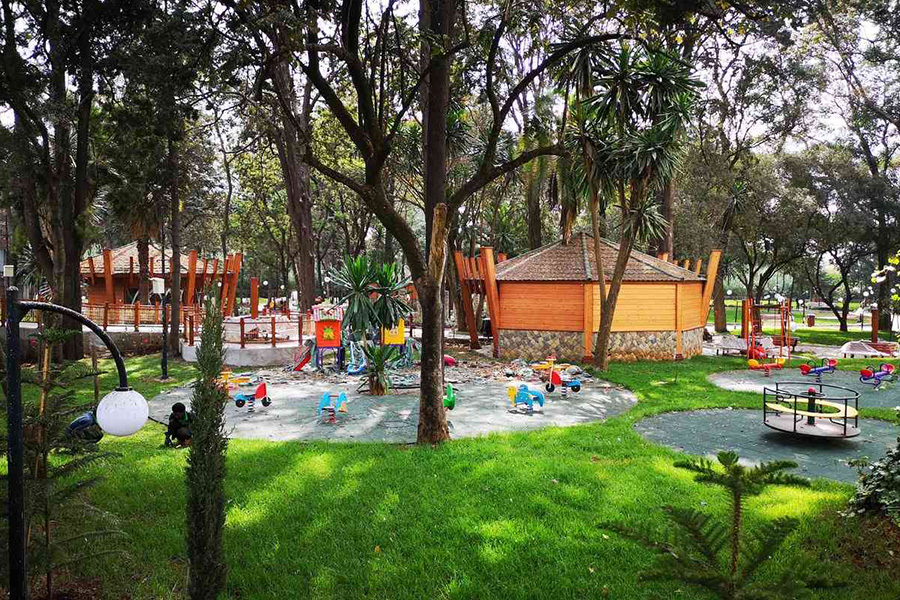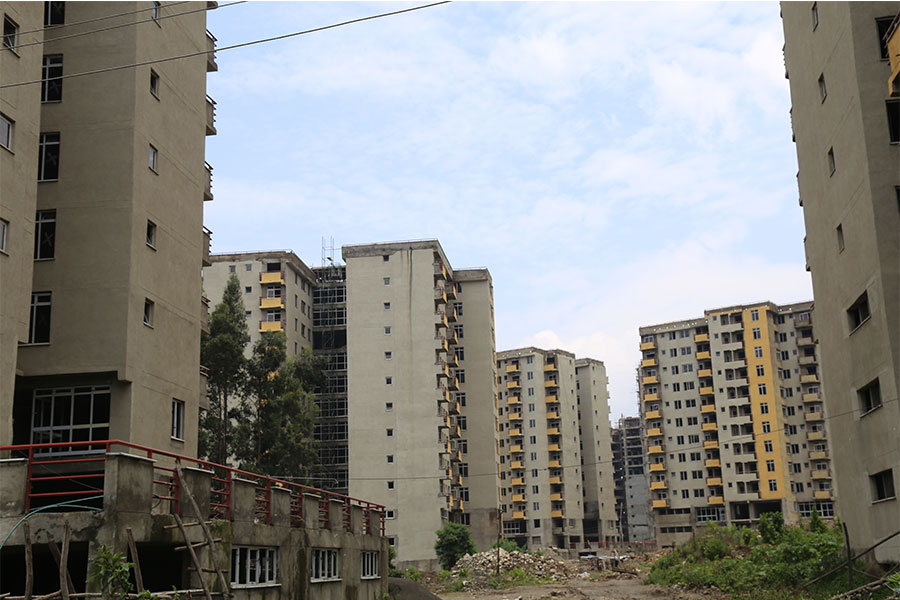
Fortune News | Dec 28,2019
Two international consultants are vying to be hired as a transaction advisor for the privatisation of state-owned sugar factories. Out of six interested consultants who bought the bid document after a call for expression of interest was rolled out in 2020, PwC and Ernst & Young have successfully made the bid.
The Federal Public Enterprise Holding & Administration Agency (PEHA) is in charge of the bidding process.
The winning firm, which is expected to be announced in months ahead, will be picked using "Quality- and Cost-Based Selection," a method that is commonly applied to select consultants based on combined results of technical and financial evaluation.
A contract will be granted to the firm that receives the highest combined score after the evaluation.
Bidders' experience in the sugar sector, previous transaction advisory experience, and records of bidders in consulting privatisation processes in the past five years will be reviewed during the evaluation process.
The winner is also expected to come up with plans and recommendations for a privatisation transaction, conduct market research, and suggest the best transaction approach that fits each sugar plant, besides providing support for the Agency in bringing potential investors during the privatisation.
The decision to sell sugar factories has come about as the government is unable to cover the debt accumulated over the years and maintain funding for faltering sugar plants. Although having a combined daily production capacity of 5,000tn of sugar, the 13 state-owned sugar factories in the country were only producing 4,000tn in 2020.
With ambitions of meeting the growing sugar demand and then earning foreign currency through export, the Ethiopian government has been financing the development and renovation of sugar projects since 2010, establishing the Sugar Corporation as an instrument for the accomplishment of its plans. The Corporation has since accumulated huge debts; 81.6 billion Br from domestic loans and 2.1 billion dollars of foreign debt as of the end of the last fiscal year. The Commercial Bank of Ethiopia (CBE) alone is owed 70 billion Br in the form of a corporate bond.
The 10 factories to be sold off include Welkayit, Tendaho, Kesem, three of the Omo Kuraz factories, Arjo-Dedesa, and Tana-Belese. Metehara, Fincha, and Wonji sugar factories will, however, remain under state ownership. As of 2020, eight of the operational sugar factories and five development projects had provided employment opportunities for more than 62,000.
Through bringing the private sector into the operation of sugar factories, the government hopes to boost production to meet domestic demand and even export to fulfil sugar deficits in neighbouring countries.
Ethiopia has 1.4 million hectares of land favourable for sugar production and annual sugar demand per capita was estimated at 10kg in 2019. Supply, however, stands at seven kilogrammes per capita, while the country imports up to 300,000tn of sugar a year. Last year, 200,000tn was imported, costing 374.89 dollars a tonne for supply and 62 dollars a tonne for transportation.
Although privatisation of enterprises in the past has been handled by the Privatisation Agency and the Investment Commission, foreign consultants have been engaged as well. While experts agree that bringing in foreign consultants who have vast experience is beneficial, they recommend that joint ventures with local companies should be encouraged to increase the capacity of local consultants in the area.
"Otherwise how will the local ones gain the experience they need to involve in these services?" asked Sitanyehu Demissie, lecturer at Addis Abeba University School of Business & Economics.
In mid-2019, the Ministry of Finance issued a request for information (RFI), and 10 local and international companies relayed their interest in participating in the privatisation process of the state-owned sugar factories. East African Bottling Share Company, bottler of Coca Cola, was among the companies that showed interest in acquiring one of the sugar plants.
Asset and business evaluations of these sugar factories were conducted by an independent auditor – Booker Tate, a UK-based sugar and agribusiness consultant, the following year. All sugar factories combined were valued at 88 billion Br.
According to Sintayehu, frequent issues noticed in privatisation processes are overvaluation or undervaluation, citing that previous privatisation transactions have been done at below-market prices.
From 1994 to 2002, 223 state-owned enterprises were privatised, bringing in an income of 3.2 trillion Br.
PUBLISHED ON
May 08,2021 [ VOL
22 , NO
1097]

Fortune News | Dec 28,2019

Fortune News | Feb 13,2021

Radar | Aug 20,2022


Fortune News | Aug 06,2022

Fortune News | Apr 30,2021

Radar | Jun 14,2020

Fortune News | Feb 11,2023

Fortune News | Apr 06,2019

Radar | Dec 25,2021

Dec 22 , 2024 . By TIZITA SHEWAFERAW
Charged with transforming colossal state-owned enterprises into modern and competitiv...

Aug 18 , 2024 . By AKSAH ITALO
Although predictable Yonas Zerihun's job in the ride-hailing service is not immune to...

Jul 28 , 2024 . By TIZITA SHEWAFERAW
Unhabitual, perhaps too many, Samuel Gebreyohannes, 38, used to occasionally enjoy a couple of beers at breakfast. However, he recently swit...

Jul 13 , 2024 . By AKSAH ITALO
Investors who rely on tractors, trucks, and field vehicles for commuting, transporting commodities, and f...

Jul 12 , 2025
Political leaders and their policy advisors often promise great leaps forward, yet th...

Jul 5 , 2025
Six years ago, Ethiopia was the darling of international liberal commentators. A year...

Jun 28 , 2025
Meseret Damtie, the assertive auditor general, has never been shy about naming names...

Jun 21 , 2025
A well-worn adage says, “Budget is not destiny, but it is direction.” Examining t...